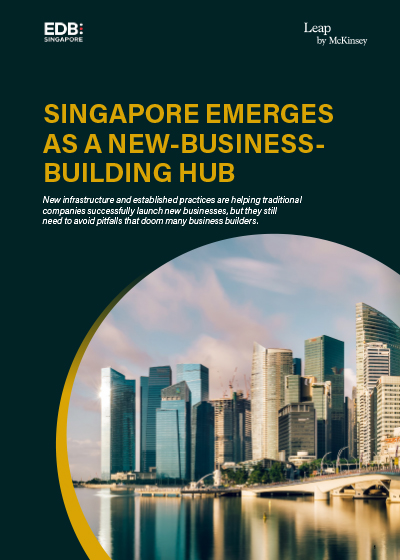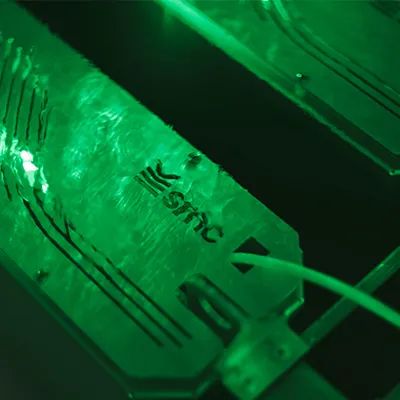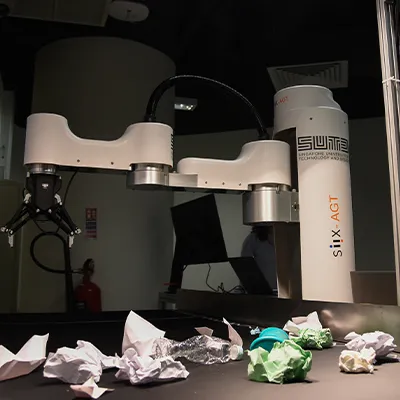Singapore stands at a pivotal moment. We must find new ways to grow our economy amid an increasingly complex global environment and to address critical challenges like energy transition and an ageing population.
As Prime Minister Lawrence Wong emphasised in his inaugural National Day Rally, we must “work even harder to stay competitive and push the frontiers of innovation and productivity.”
Deep tech — advanced technologies based on scientific research and focused on complex problems — presents us with the opportunity to push the bounds of innovation.
By leveraging technologies to solve the world’s most pressing issues and fostering sustained STEM investments from both public and private sectors, Singapore can unlock new engines of economic growth.
A Strong Foundation
Singapore has a strong foundation to build on.
In 2024, we are ranked the 4th most innovative country and 7th top startup ecosystem in the world, recognised for our favourable business climate, strong intellectual property protection, world-class universities, and a highly educated talent pool.
With over 500 venture capital firms and more than 220 incubators and accelerators, Singapore has emerged as the premier startup investment destination in Southeast Asia, accounting for over 70 per cent of all venture capital raised in the region.
We host several corporate labs established by multinational companies in collaboration with local institutions, such as Applied Materials’ partnership with A*STAR. Other MNCs have also anchored their corporate innovation labs here, like global leader in crop nutrition Yara, which launched its open innovation hub in Singapore earlier this year.
In addition to our research strengths in materials and life sciences, Singapore is gaining recognition in emerging technology fields. The Centre for Quantum Technologies at NUS, for example, is ranked 6th globally based on the h-index, a metric of publication impact.
All these factors have enabled Singapore to become a global hub for innovation and entrepreneurship. But what will it take for us to cultivate a deep tech ecosystem on par with Boston, Silicon Valley and the UK?
Small Numbers, Large Impact
First, deep tech will not be a numbers game.
Singapore is now home to over 4,500 tech startups, with more than 75 per cent in the digital and internet economy sectors. The early efforts of then-SPRING Singapore seeded a conducive environment for startups to grow and flourish, driven by the sheer entrepreneurial spirit of founders armed with enterprising ideas and ace programming skills, for instance, to build e-commerce businesses.
There is a natural synergy for such startups to thrive in Singapore, given our position as a business services hub and proximity to the growing markets in Southeast Asia. This continues to be important to Singapore’s economy and a source of great business innovation.










